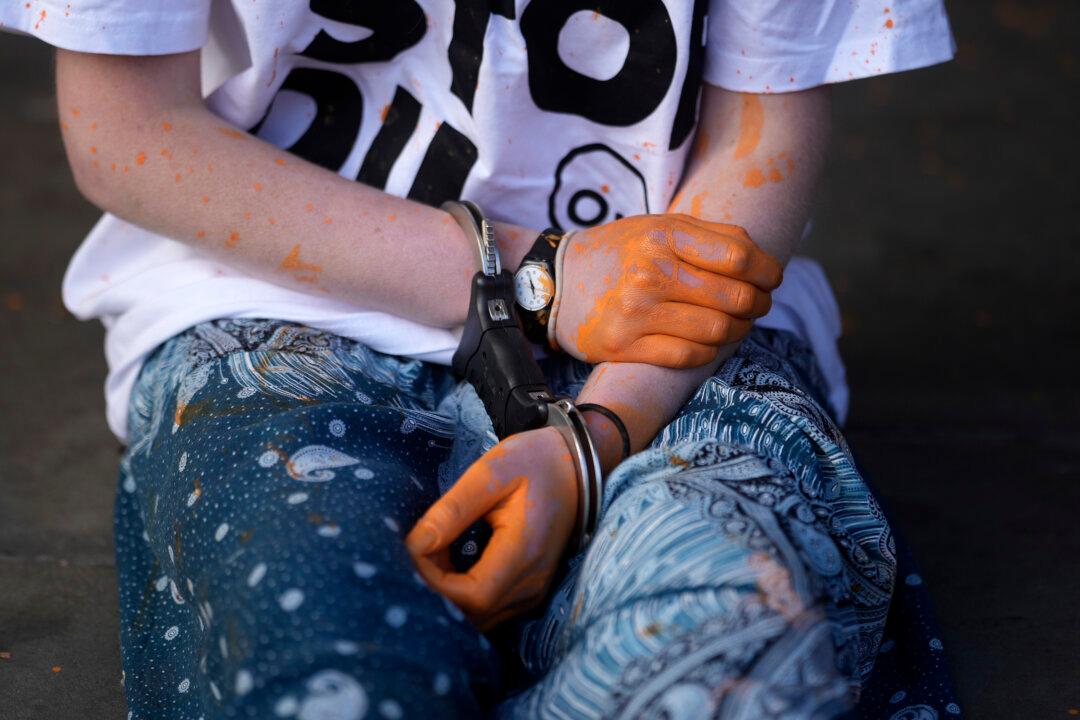Significantly fewer children in New South Wales (NSW) have been held responsible for serious crimes—like arson, robbery and murder—in the past nine years after a landmark High Court decision in 2016.
A new study suggests this could the problem for authorities in Australia’s most populous state trying to deal with youth crime and reduce harm to the community.





